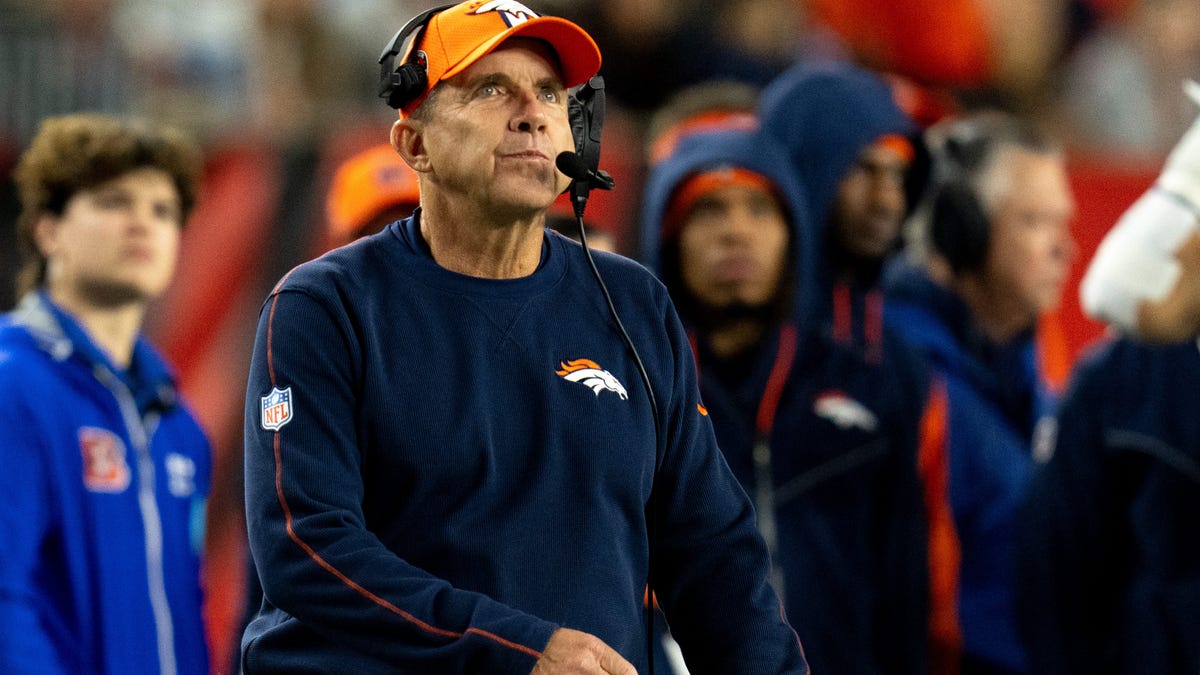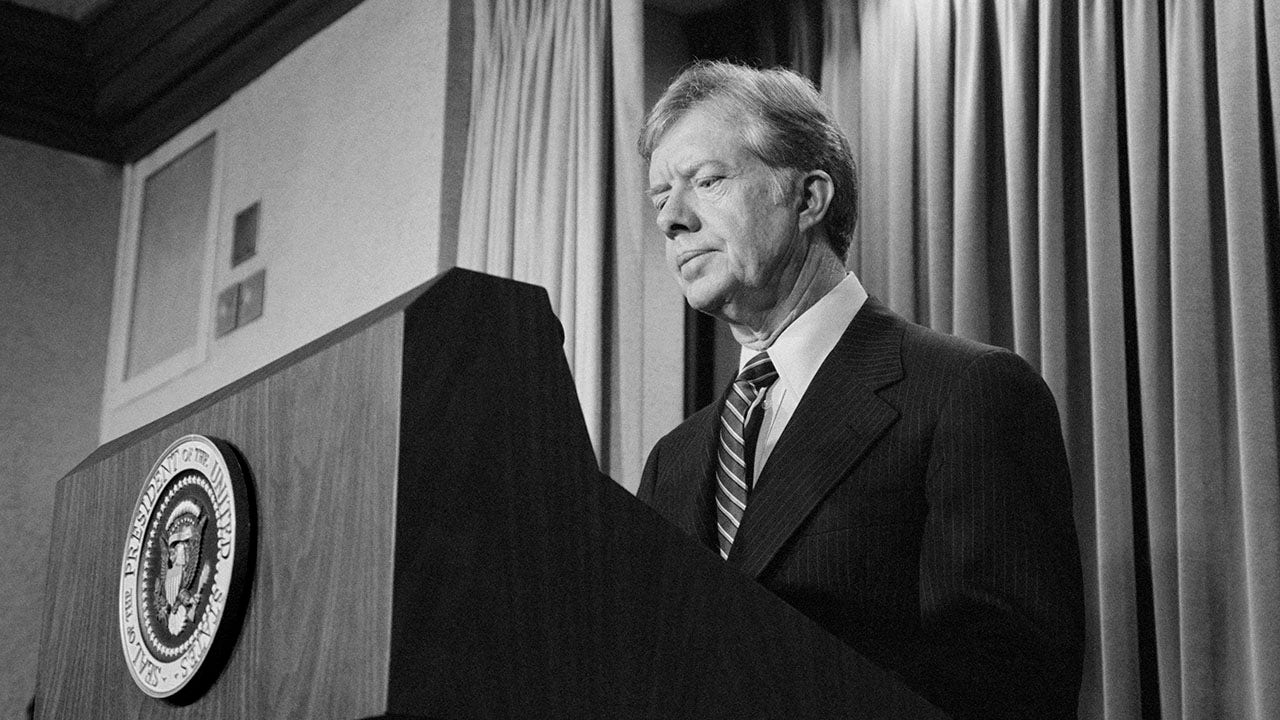In a years-long fight to stop a power plant near Laurel from releasing the pollution equivalent of 167,000 cars per year, the Montana Supreme Court decided unanimously that both the state’s Department of Environmental Quality as well as NorthWestern Energy had skirted the state’s environmental law by refusing to acknowledge or take action on the greenhouse gases released by the power plant. But the decision will do little to stop the already-operational power plant.
The ruling will now force the DEQ to go back and fully analyze the pollution impacts of the 18 methane-combustion generators, and report the effects that greenhouse gases and industrial lighting will have on the environment.
However, the Montana Supreme Court orders will do nothing to stop or change the operations — at least not immediately — or halt any of the pollution the two environmental groups proved will happen.
Owing to a unique set of circumstances and unconstitutional laws passed by the Montana Legislature and struck down later, the Montana Supreme Court said that because the DEQ was following the law at the time, and because the environmental groups did not ask the district court judge to halt the operational permit for the Laurel Generation Station, it will be allowed to operate under its current permit, even though the justices acknowledged that state government, including the DEQ and the governor, have a constitutionally mandated obligation to protect the environment from harm.
The ruling was cheered by NorthWestern Energy, the state largest public utility company, as it noted the plant was running to provide energy to customers in the state’s largest county even as the forecast called for as much as 10 inches of snow during the weekend.
“Today’s Montana Supreme Court’s decision reinstating the Yellowstone County Generating Station permit will help ensure reliable energy service and keep bills as low as possible for our customers. This is good news for Montanans already relying on the critical, cost-saving capacity of the 175-megawatt Yellowstone County Generating Station, including for power during this first winter storm of 2025,” said NWE spokeswoman Jo Dee Black.
The successful environmental groups cheered the ruling as a reinforcement of the Montana Constitutional mandate that requires a “clean and healthful environment,” but noted the ruling will have little effect on the substantial air pollution that neither NorthWestern or DEQ denies the plant will produce.
“We are pleased that the Montana Supreme Court has ruled that Montanans deserve to know the full harm that the 770,000 tons of annual climate pollution NorthWestern Energy’s power plant will impose on our farmers, ranchers, economy, and health,” said Edward Barta, chair of Northern Plains Resource Council, one of the two groups that brought the lawsuit. “However, we are disappointed that NorthWestern’s dangerous plant is allowed to continue operations without any accountability for the state ignoring our constitutional right to a clean and healthful environment. It’s time for DEQ to take its job seriously so that everyday Montanans are not sacrificing their health and livelihoods for one corporation’s profits.”
The Sierra Club was the other organization that challenged the Laurel Generation Station.
The Supreme Court order, authored by Justice Beth Baker, said that despite the Legislature’s attempt to gut the Montana Environmental Policy Act, it can’t avoid the constitution’s mandate. Furthermore, it said that even though the plant is operational, the DEQ must go through and analyze, and even possibly require mitigation in the future.
What was not in dispute is the amount of greenhouse gases and other pollutants the Laurel Generation State will produce, and the court outlined those:
- 75 tons of Particulate Matter 10
- 28 tons of Particulate Matter 2.5
- 222 tons per year of nitrogen oxides
- 246 tons per year of carbon monoxide
- 215 tons per year of volatile organic compounds
- 14 tons per year of sulfur dioxide
- 93 tons of hazardous air pollutants
- The equivalent of 769,706 of carbon dioxide
The Montana Supreme Court also said that while the Montana Environmental Policy Act does not allow the DEQ to necessarily stop the construction of a power plant like the one in Laurel, it said that a thorough analysis of its effects must be studied and disclosed to the public. Moreover, depending on the results of those analyses, the DEQ could require changes to design or apply other parts of state law to stop or mitigate pollution:
“The district court observed — and DEQ does not disagree — that the agency ‘did not take any sort of look at the impacts’ of the Laurel Generation Station’s greenhouse gas emissions within Montana. A review under the Montana Environmental Policy Act must, among other things, identify ‘any adverse effects on Montana’s environment that cannot be avoided if the proposal is implemented.’ One purpose of the environmental assessment is to ‘avert potential environmental harms through informed decision making.’ As we have observed, ‘MEPA’s procedural mechanisms help bring the Montana Constitution’s lofty goals into reality by enabling fully informed and considered decision making, thereby minimizing the risk of irreversible mistakes depriving Montanans of a clean and healthful environment … The state does not have a ‘free pass to pollute the Montana environment just because the rest of the world insists on doing so.’”
The Supreme Court also said that the DEQ or other state officials cannot rely solely on federal standards for pollution because of the state’s constitutional requirement of a clean and healthful environment.
“Federal standards tell the people of Montana little or nothing about any potential impact of the greenhouse gas emissions of the Laurel Generation State specifically, and do not satisfy the Montana Environmental Policy Act’s role in fulling ‘the strongest environmental protection provision found in any state constitution,’” the ruling said.
It also said that even if the state DEQ will not stop a proposed project like the Laurel Generation Station, that it has an obligation to “identify impacts and acknowledge their significance.”
The court’s opinion also faulted the DEQ for failing to address or respond to hundreds of comments raising concerns about the environmental impact of the plant, noting that the vast majority of the public response to the project was negative, and criticized the department’s silence on the subject of air pollution.
As part of the case, the Supreme Court also found that the DEQ had properly considered the noise impacts of the plant, and reversed District Court Judge Michael Moses’ portion of the ruling, which said the agency had not properly considered it. However, the state’s highest court affirmed that the DEQ did not conduct an adequate review of the possible light pollution from the plant, and its effects on the property owners around it.
The justices ordered the DEQ to conduct an analysis, which could mean the NWE would have to change some lighting around the plant, which sits approximately 300 feet from the banks of the Yellowstone River and nearby the CHS refinery.
One dissenting opinion … sort of
Justice Laurie McKinnon along with Justice Ingrid Gustafson, agreed with the fellow justices, making it unanimous that the Supreme Court found that the state had failed to conduct a proper review under the Montana Environmental Policy Act, and acknowledged the impacts the power plant could have on the environment.
However, they dissented in part, saying that the court’s rationale and findings were undermined by its conclusion to let the plant continue ahead with operations, despite the fact that none of the parties disputed the pollution it would create.
“Alarmingly, and in contravention of clear precedent, the remedy the court chooses to do is nothing. The court allows the Laurel Generation Station to continue with its environmental harm and remands so that public may be informed of what it already knew — the consequential impact on its community from LGS’s emission of greenhouse gases,” the dissent said. “The only relief that can ensure the public is not irreparably harmed is to prevent the Laurel Generation Station from becoming operational until adequate Montana Environmental Policy Act review is completed. Our decision is empty and will be meaningless to the Montanans who want and believe the plant should be evaluated for its greenhouse gases before it becomes operational.”
LGS plant SupCo 010325


























/cdn.vox-cdn.com/uploads/chorus_asset/file/24982514/Quest_3_dock.jpg)





